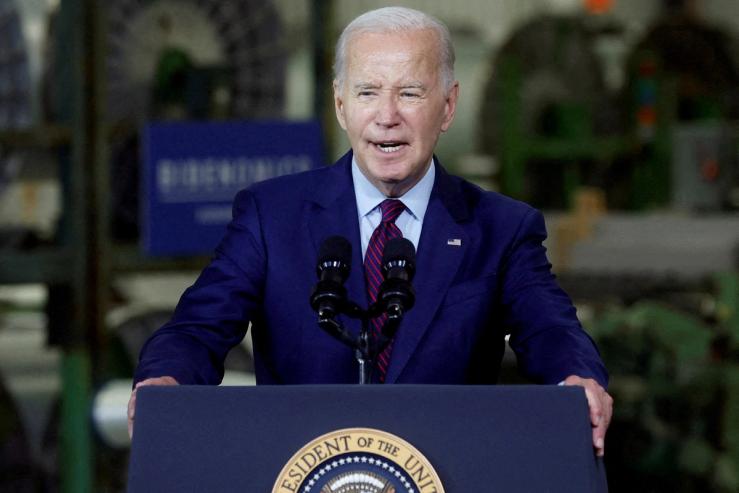The News
U.S. firms will be restricted from investing in Chinese companies involved in the development of semiconductors, quantum computing, and artificial intelligence, the New York Times first reported.
President Joe Biden on Wednesday is expected to sign an executive order that bans private-equity and venture-capital investments in these sectors, while also requiring American firms to report such investments to the U.S. government, citing national security concerns. It is the latest escalation in the tech war between the U.S. and China.
We’ve curated insights from experts on whether Biden’s move will help protect national security interests or backfire on the U.S.
Insights
- Biden’s order may not have a huge impact right away, writes WSJ’s China columnist Nathaniel Taplin, given that Beijing likely “prefers domestic capital” in the sensitive and strategic areas of AI and quantum computing. Chinese and other global venture capital firms are likely to step in following the ban. So while the U.S. “won’t succeed in choking off capital to Chinese startups,” Taplin writes, “a more bifurcated global technological ecosystem looks more and more inevitable.”
- The expected U.S. ban is a “waste of time” given that China is not lacking capital from other countries it has technological partnerships with, said Nicholas R. Lardy of Peterson Institute for International Economics. The U.S. accounted for less than 5% of China’s inbound direct investment in 2021 and 2022, and this ban would only provoke Beijing into thinking that the U.S. is not interested in a diplomatic “thaw” with China. — The New York Times
- China’s seismic drop in foreign direct investment may be more due to the “repatriation” of foreign multinational’s funds rather than the reinvestment of their earnings in their operations in China, argues economist Jens Nordvig in his Money: Inside and Out substack. Still, it is premature to predict whether investors are more worried about China’s current weak economic growth or “geopolitical fragmentation,” Nordvig writes.
AD


